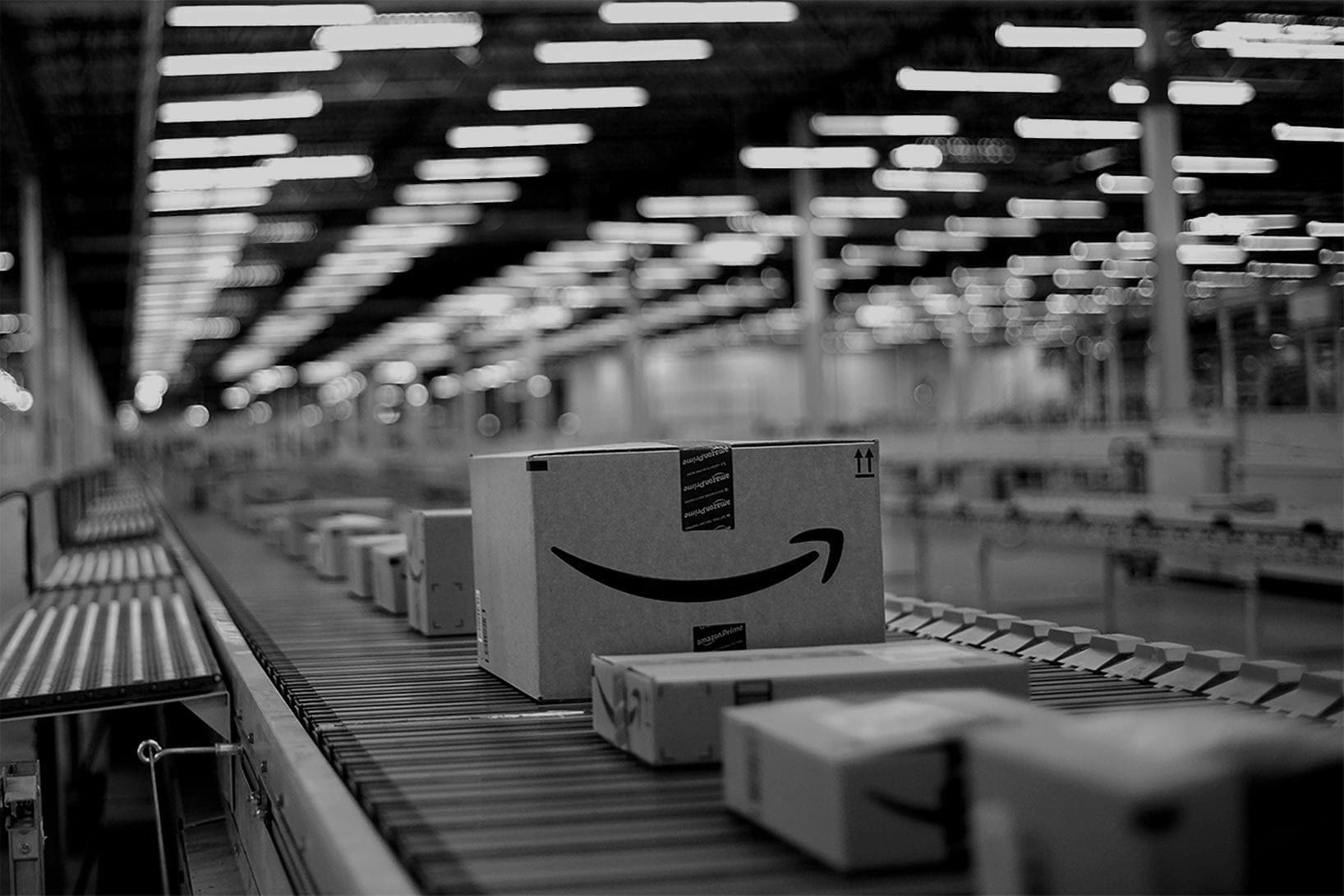That e-commerce is everywhere and is essential for the growth of many companies is no secret. Nor is it a secret that omnichannel is a fact of life: many people consult products online only to end up buying them in a physical store. We know that you have to sell online. Well, now comes the next question: where should we sell online? If we had asked this question a few years ago, the answer would have been obvious: via our own e-commerce platform. In spring 2019, where should we sell? Via our own e-commerce platform? On Amazon? In other marketplaces? Many companies are, and rightly so, in a mess.
Amazon is the undisputed leader in e-commerce and the favourite e-commerce platform of hundreds of thousands of online shoppers. Why do we buy so much from Amazon? For the speed and shipping costs (when we are Prime members), ease of returns, prices and stocks. Therefore, it is logical that a company that wants to sell online, or that already does so and seeks to improve its results, considers Amazon as another sales channel.

Selling on Amazon is a double-edged sword. First of all, it must be borne in mind that there are no set prices, so a company may be selling a product at a lower price than the manufacturer. Therefore, a manufacturer can sell on Amazon and see that a customer of his is reselling that same product at a lower price. Yes, that happens every day. Other times, the competition is Amazon itself: it detects that a product from an external seller is working and decides to sell it directly, which makes things very complicated. In other words, succeeding on Amazon with your own products can end up being counterproductive.
But a company can also decide not to sell on Amazon and try to take on the giant in the daily struggle to generate sales. And yes, it is possible to be victorious in this buying and price war, but only when keeping things clear and offering something that potential customers will not find with the e-commerce giant. What could that "something" be?
√ An extreme and meticulous specialisation.
√ Product customisation.
√ Highly differentiated products with high added value.
√ Personalised customer service.
√ Loyalty programmes.
√ Strategy very expressed in social networks (something that Amazon does not focus much on).
As e-commerce evolves, so do the strategies used by companies to sell more and to do so in globalised markets. It is possible that a distribution company of Brand X will find sellers in marketplaces who offer the same product at prices below cost, probably because they have purchased them in other markets.
But the war does not end here. A company may be a manufacturer and may have decided not to sell their products on Amazon, but – surprise – one of their customers is doing it, and is even selling it at a slightly lower price. The manufacturer has the name, it has the official website… But Amazon relies on the confidence of hundreds of thousands of Prime subscribers and, sometimes, a better price. To make matters worse, Amazon may be bidding for your brand keyword in Google Ads campaigns, so if someone searches for you, they will see the Amazon ad before the organic result with the URL of your online store.
So… Should I join the enemy, if I can't beat him?
Making the decision to sell on Amazon or not is complex and depends on various factors that go far beyond pure marketing strategy. Is a company willing to lower its prices? Can your shipping policy compete with Amazon Prime shipping? Do you have a product that is different enough to allow yourself to go it alone or to stand out on the platform? Is there the support of physical stores in which the customer could end up making the purchase if a potential customer cannot see it clearly? Is a marketing investment possible that guarantees, at the very least, that you will be first in search results when someone searches for your own brand (which is no longer yours)?
There is no single answer to the dilemma of selling on Amazon. There are as many companies as there are markets or as products. There is also an indisputable reality: whether as another sales channel, as the enemy to beat or as the constant threat of seeing your products at a lower price, Amazon is an indispensable feature of practically any e-commerce strategy, and deciding whether it is an ally or an enemy will be an essential decision.

Life beyond Amazon
Although it is clear that Amazon is the king of the commercial mambo on the internet, a good commercial strategy can position itself in “the other” marketplaces, seeking to escape fierce competition and, in some cases, specialisation:
Correos Market
Designed for small local producers with quality products and for consumers who are looking for local products and want to avoid shipping costs. Still in its infancy, it could be a good solution for sellers of crafts or gastronomy products.
Specialised verticals
Specialisation, it has already been said, is one of the main weapons in the fight against Amazon and Etsy marketplaces for global crafts, or LightningSpain, which we talked about here a few months ago, are some of the options available.
Sustainability
If your thing is fair trade, sustainable products or crafts that respect the environment, you can seek out specific marketplaces in which ethics is an essential component. Fair Changes brings together sustainable projects of all kinds and provides a dedicated portal specifically for the sale of sustainable fashion, Do the Woo, though this is in a period of reflection as it has not obtained the necessary funding to continue with the project.
Other markets
Other classics, especially when we want to attack other markets, are Rakuten, of Japanese origin, which is established in Europe but specialised in Asia. MercadoLibre is an option when targeting Latin America. And of course, eBay, which is always an option.
